Report 9th Gerhard Jirka Summer School on Environmental Fluid Mechanics
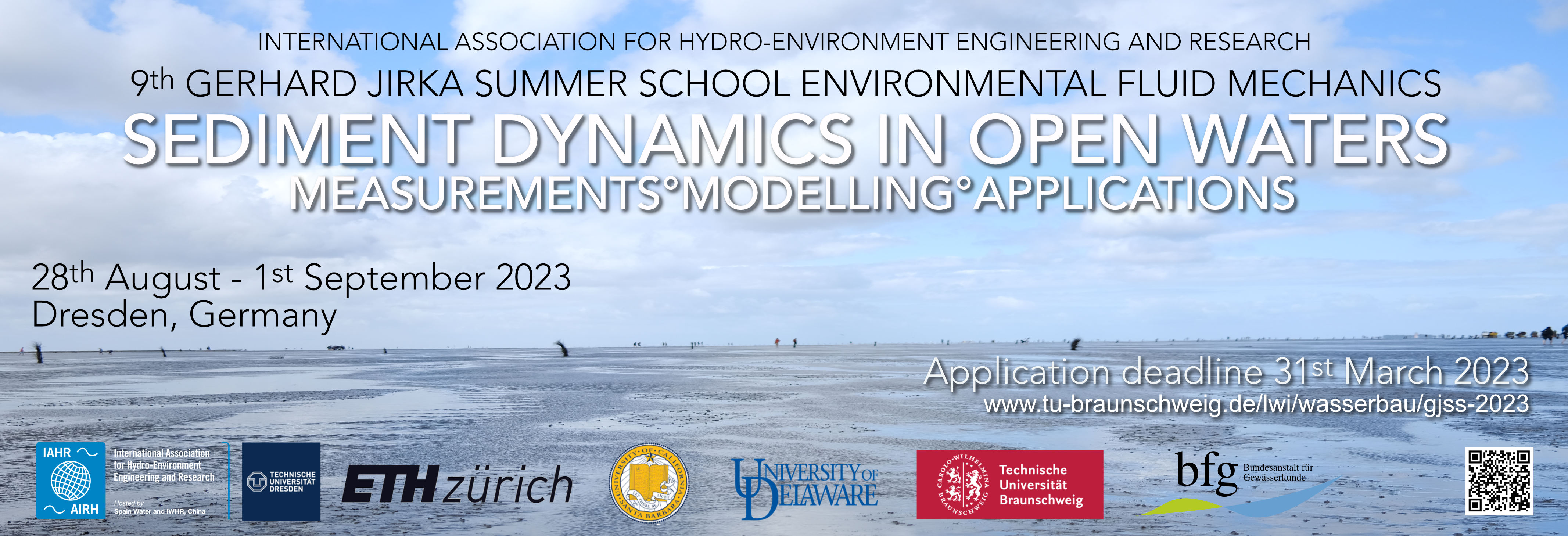
The 9th edition of the Gerhard Jirka Summer School was special. The last edition was in 2018 and this time, it was the first in-presence summer school after the pandemic. The summer school took place at TU Dresden, Germany, from 28 August to 1 September 2023 , and was jointly organized by the local organizing committee (LOC) Bernhard Vowinckel, Jochen Aberle and Jürgen Stamm as a collaborative effort between the two German universities TU Dresden and TU Braunschweig. An intense week of lecturers and excursions on the topic “Sediment Dynamics in Open Waters” was offered to interested students at PhD and Postdoc-level as well as engineers from industry and governmental institutions. The field of participants was very diverse in terms of gender and geographical origin. The 20 participants were from a total of 14 countries across the world. Two fellowships were awarded to support selected candidates from low-income countries. The lecturers were also diverse by age, gender, and background. Three international lecturers, Isabella Schalko from Switzerland and Eckart Meiburg and Tom Hsu from the US were invited, representing emerging junior group leaders as well as established professors. The field of lecturers was rounded out by Gudrun Hillebrand from the German Federal Institute of Hydrology, Katinka Koll from TU Braunschweig, Germany, Gregory Lecrivain from the Helmholtz-Zentrum Dresden Rossendorf (HZDR, Germany), and the LOC members.
In this way, it was possible to organize a wide range of lectures, with contents ranging from microscopic processes on the grain scale to the management of entire river systems. In addition, participants could present their research in the Student Forum to the entire group. These presentations were very rich in variety and quality. A subsequent session was organized, where three groups were formed according to the themes numerical modeling, laboratory experiments, large scale management. These smaller groups allowed the participants to engage in more detailed discussions. The program was enriched by two more practical sessions, a tour through the Hubert Engels laboratory of hydraulic engineering at TU Dresden and a technical tour along the river Elbe. The latter was guided by the Dresden Waterways and Shipping Authority. During these events, selected problems of hydraulic engineering and environmental protection were demonstrated by practical examples. Consequently, even though the focus was on sediment dynamics, the interdisciplinary character of the Summer School ranged from questions concerning classical hydraulic engineering to environmental engineering to process engineering, ecology and environmental protection.
The anonymous evaluation of the Summer School showed that the program and the opportunity to interact and network was very well received. In the free response for praise and criticism, especially the diversity of the lectures, the quality of the lecturers, the open discussion culture as well as the friendly cooperation, the good organization and the interesting activities were mentioned several times.
The School is a signature IAHR event that was founded and energized by the late Professor Gerhard Jirka, with a vision to bring together renowned experts and top graduate students from around the world for a unique, interactive learning experience in environmental fluid mechanics. A central objective of the School has always been to combine theory, experiments and applications, with an emphasis on basic theoretical principles (and their mathematical description) as well as consideration of examples of engineering design and environmental applications.
For more information on future and previous editions please visit the webpage of the IAHR Technical Commitee in Fluid Mechanics.
Local Organizing Committee
Bernhard Vowinckel. Institute of Urban and Industrial Water Management, TU Dresden, Germany
Jürgen Stamm. Institute of Hydraulic Engineering and Technical Hydromechanics, TU Dresden, Germany
Jochen Aberle. Leichtweiß-Instiute of Hydraulic Engineering and Water Resources, TU Braunschweig, Germany
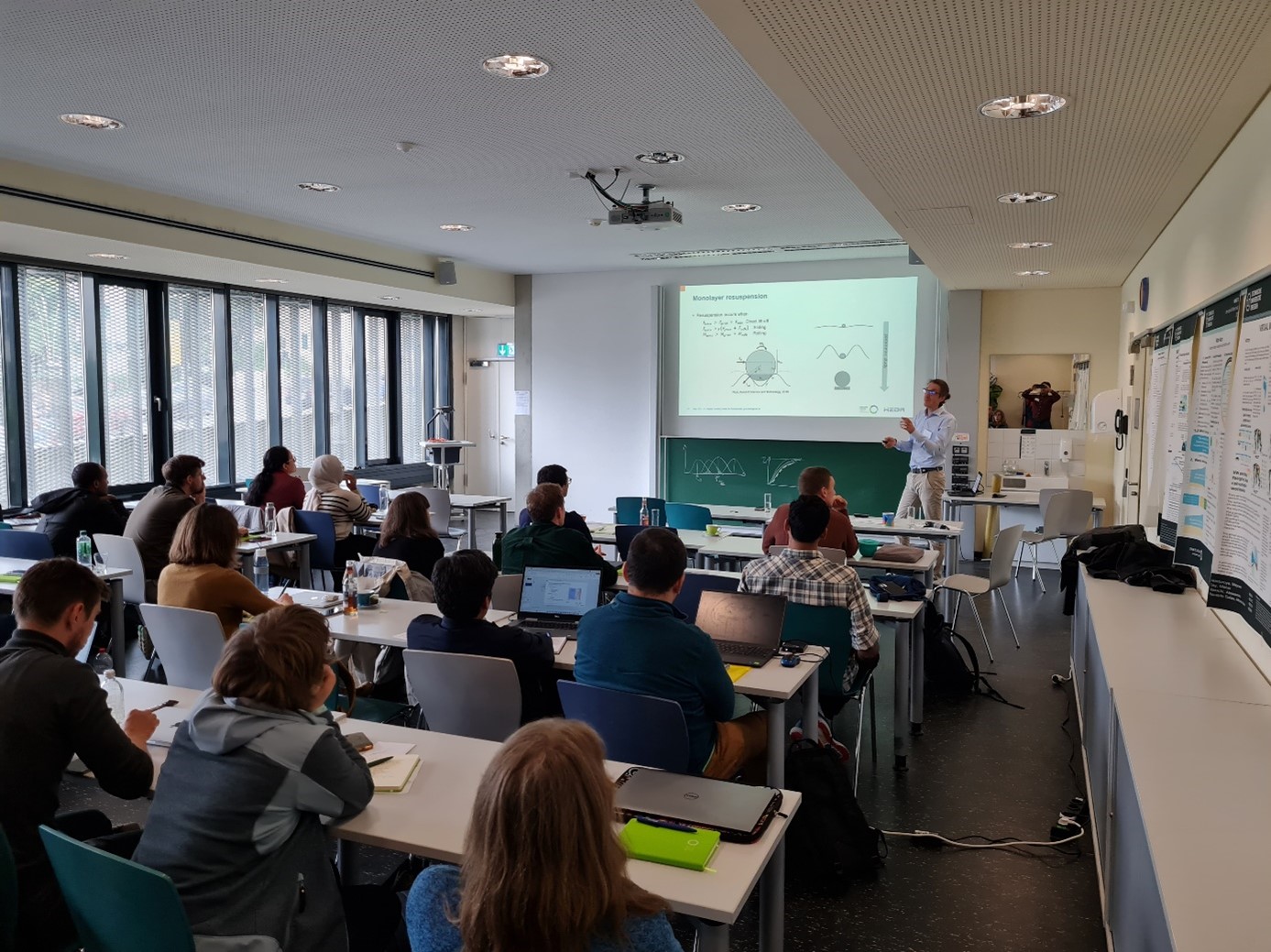
Figure 1: Lecture by Gegory Lecrivain on the erosion of microparticles
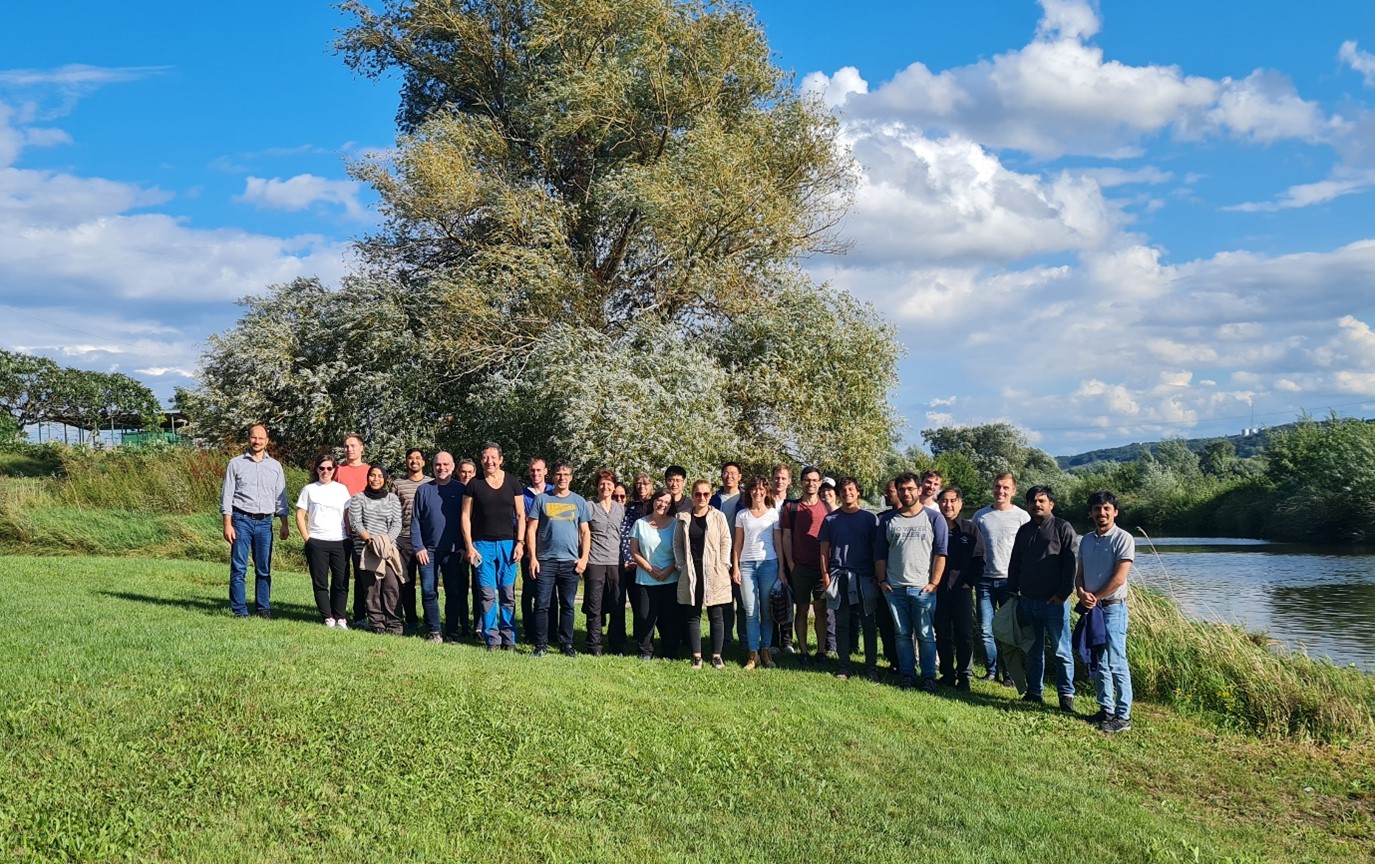
Figure 2: Group picture during the technical tour
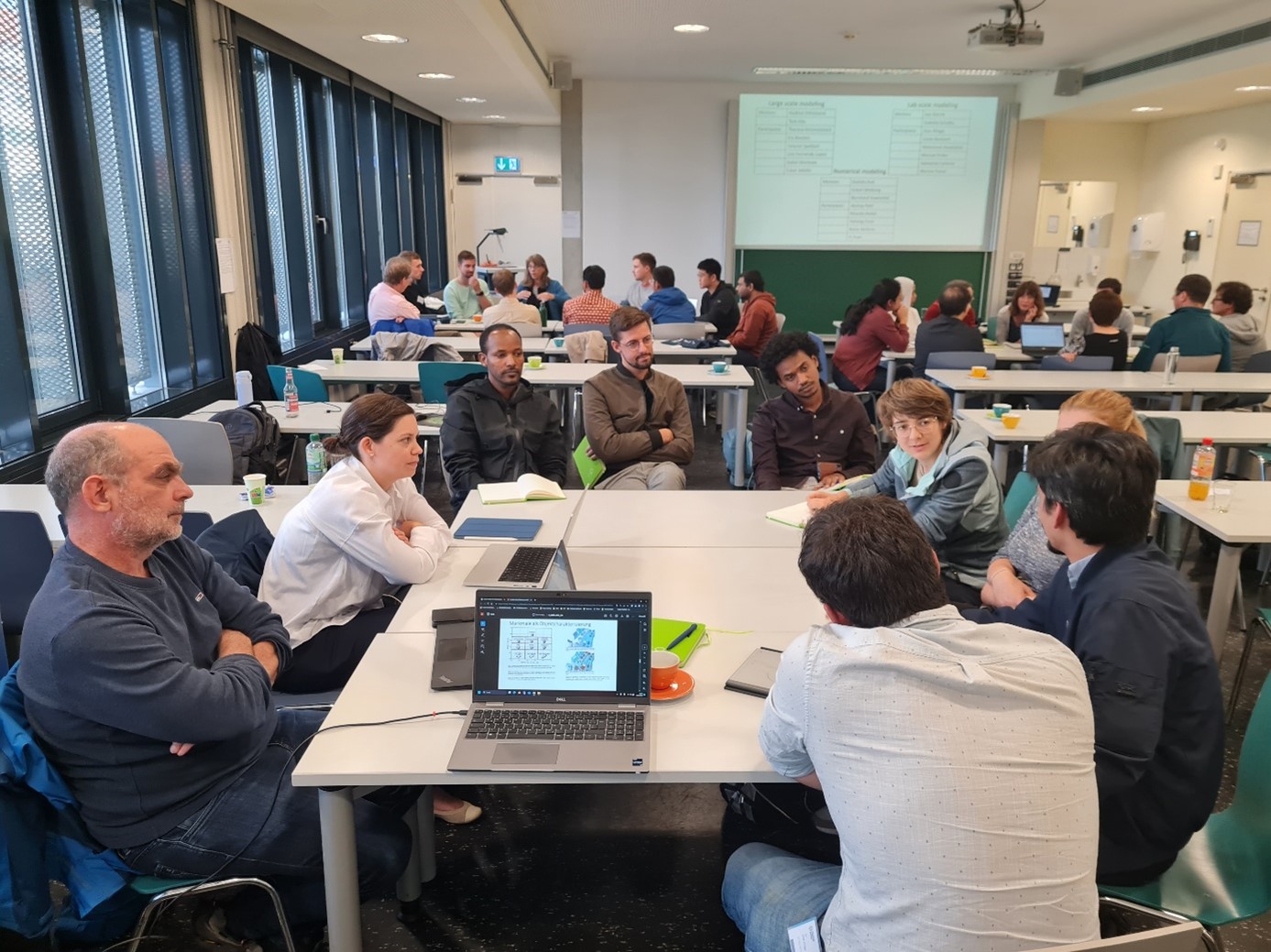
Figure 3: Group discussions during the Student Forum
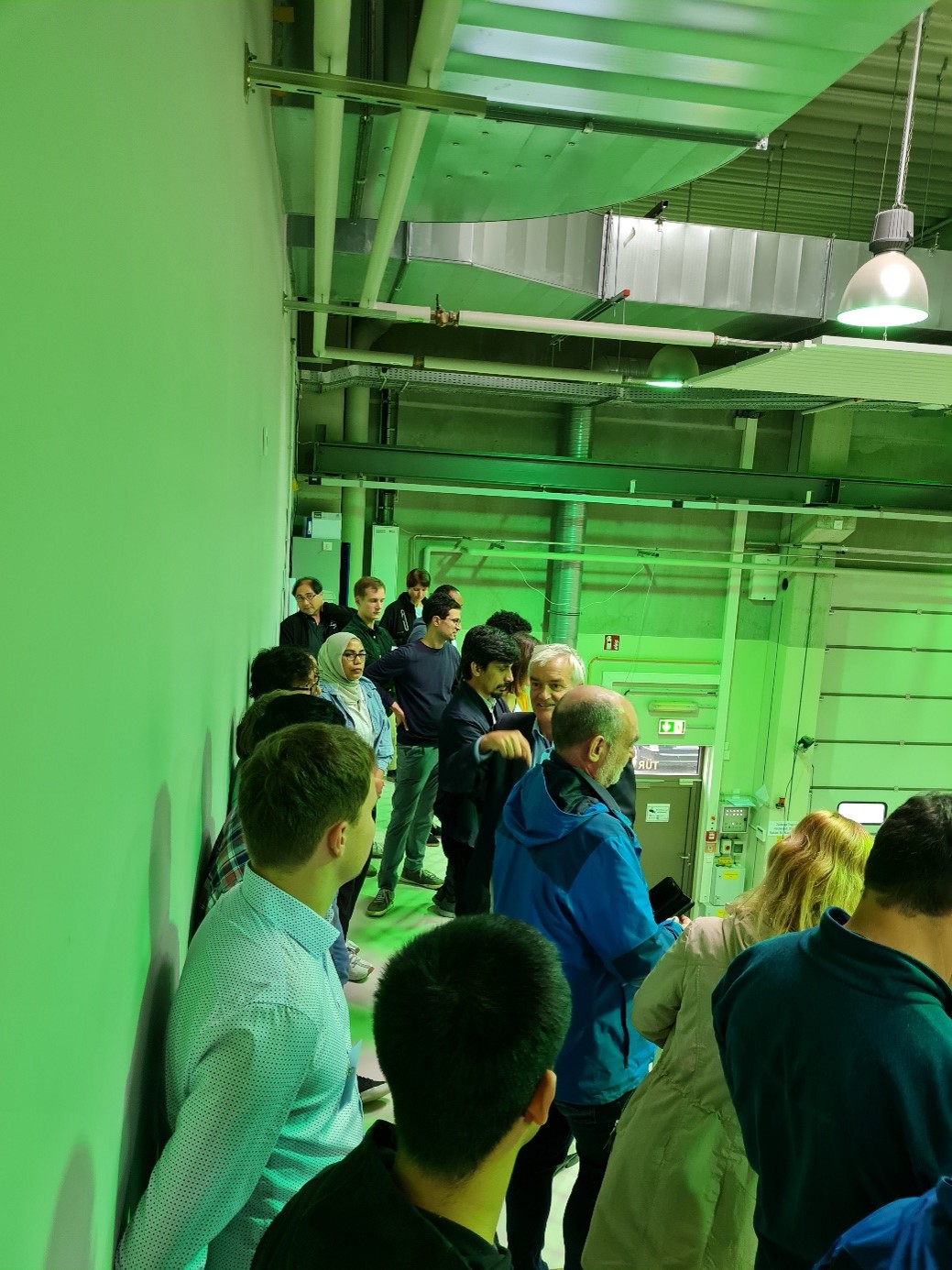
Figure 4: Tour through the Hubert Engels laboratory of hydraulic engineering